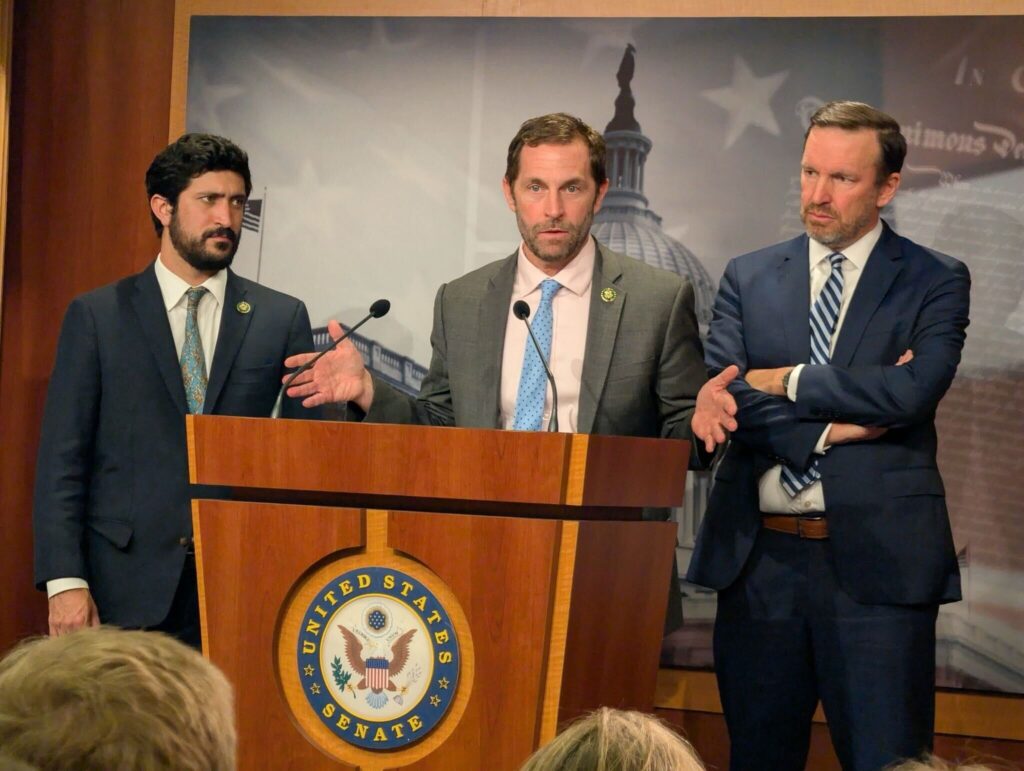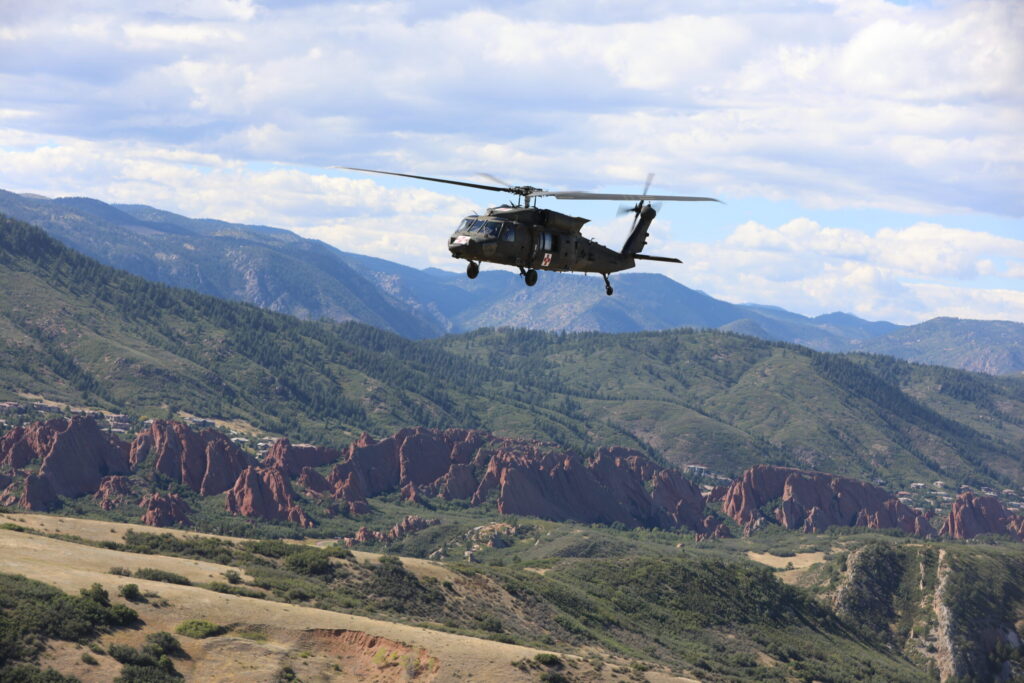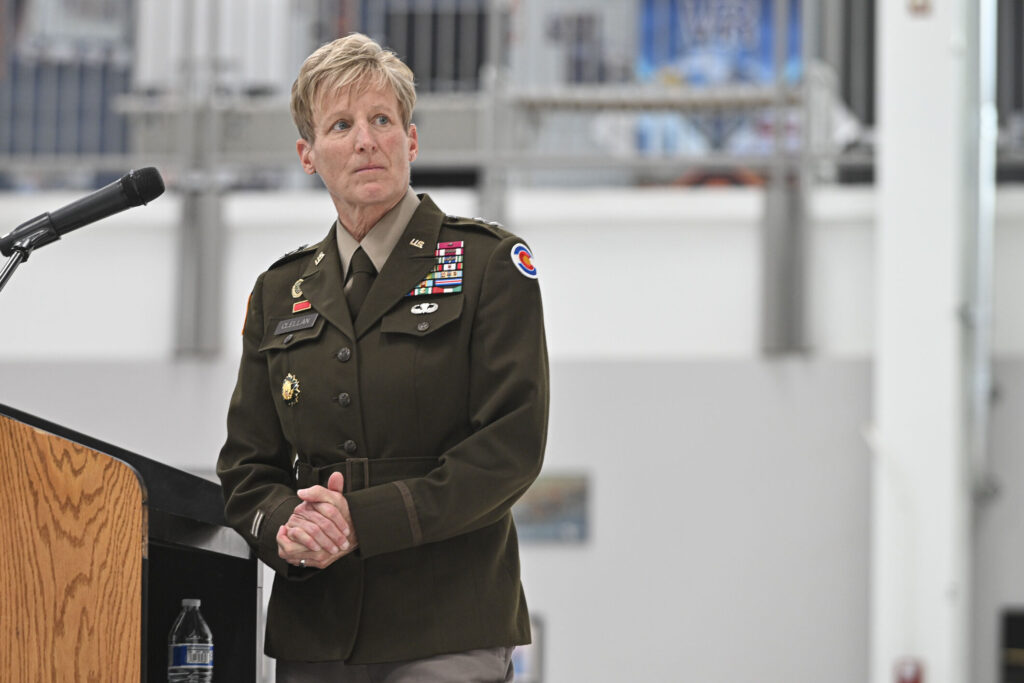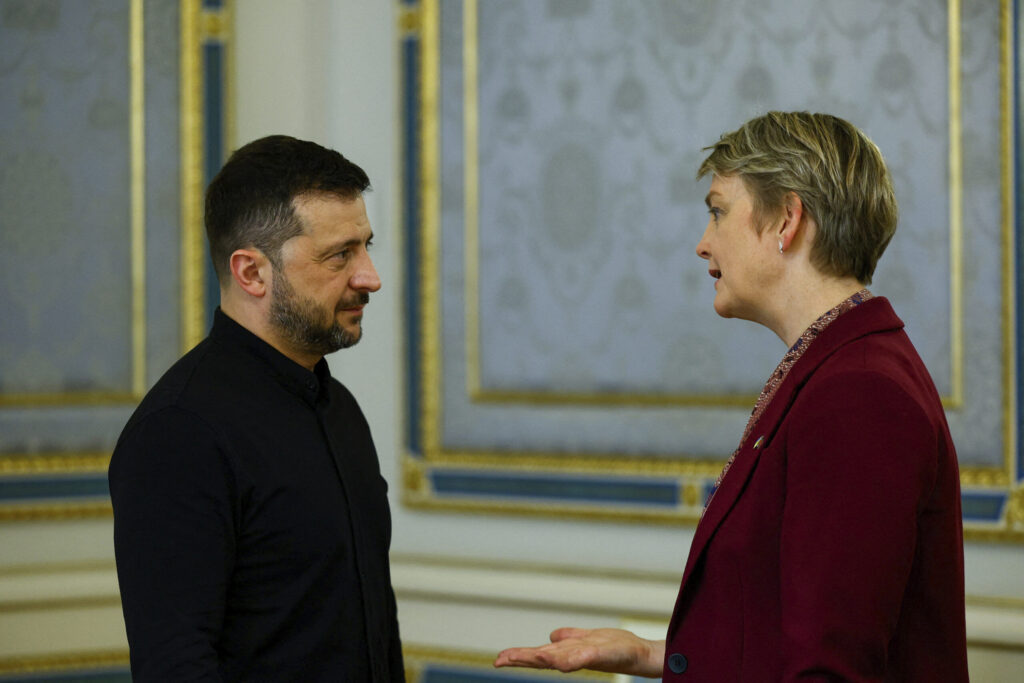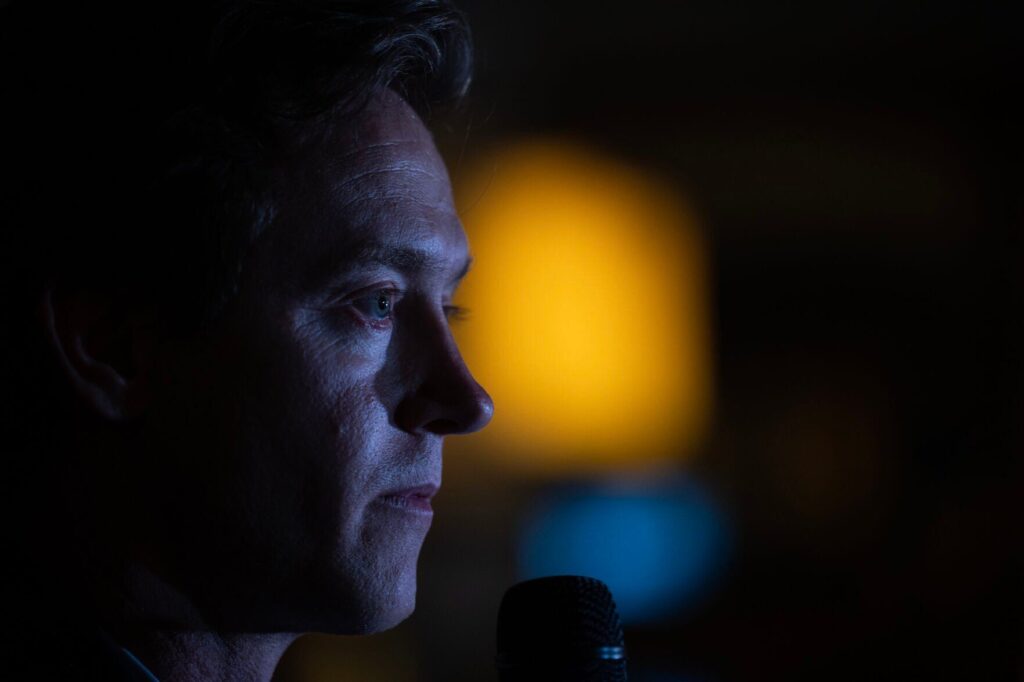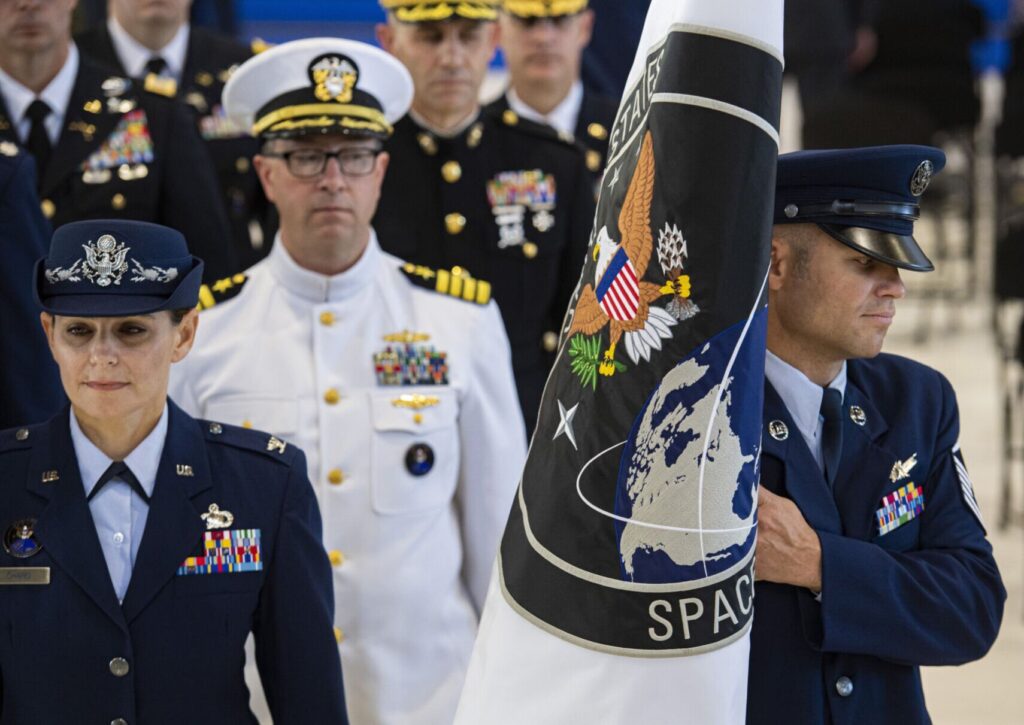The nuclear nightmare rears its head again | Vince Bzdek
What happens if Vladimir Putin, feeling more and more like a cornered rat in Ukraine, actually uses a tactical nuclear weapon against Ukrainian troops?
Is this a “red line” crossed that would demand a direct American response?

Vince Bzdek
What if the radiation from such a weapon drifts over into a NATO country that the U.S. is bound to defend?
These are not just theoretical questions now. Putin has twice threatened to use nuclear weapons in the last few weeks alone.
“This is not a bluff,” he warned the West. “If the territorial integrity of our country is threatened, we will without a doubt use all available means to protect Russia and our people.”
Now that Russia has “annexed” four contested regions in Ukraine as part of Russia, Putin could suddenly characterize a Ukrainian attack on these territories as an attack on Russia. And Russian nuclear doctrine does indeed allow for a nuclear strike after “aggression against the Russian Federation with conventional weapons when the very existence of the state is threatened.”
The nuclear nightmare, which those of us who survived the Cold War had believed had finally subsided, is back to haunt us once more. Nuclear experts around the globe have been actively parsing likely nuclear bomb scenarios and their fallout and President Joe Biden recently warned that the risk of nuclear “Armageddon” is at its highest since the Cuban missile crisis 60 years ago.
So how should the United States respond if Putin does the unthinkable?
U.S. National Security Adviser Jake Sullivan said Washington has warned Moscow of “catastrophic consequences” if Putin uses nuclear arms. The secretary general of NATO repeated that warning last Sunday.
Retired general and former CIA Chief David Petraeus recently suggested that the United States and its NATO allies should destroy Russian troops and equipment in Ukraine — and sink its Black Sea fleet in response, a decision that would draw the U.S. directly into the Ukrainian conflict.
Other experts have predicted that rather than confront Moscow directly, the U.S. would “take the gloves off” when it comes to the delivery of more sophisticated weapons to Ukraine. For months, for instance, Ukraine has been requesting the Army Tactical Missile System, a surface-to-surface missile that can travel four times farther than any weapons Ukraine has now. The U.S. would likely make the missile system available immediately if Putin used a tactical nuke.
As serious as this threat appears to be, the Biden administration would be wise to look back to the Cuban missile crisis for lessons in how to manage such an international confrontation successfully.
When President John F. Kennedy learned in October 1962 that the Soviet Union was stationing nuclear missiles within striking distance of the United States, many aides close to the president, sounding a lot like Petraeus, advised Kennedy to launch preemptive air strikes before the missiles became operational. But the recent failure to overthrow Fidel Castro in the disastrous Bay of Pigs invasion had made Kennedy twice shy about using preemptive military force.
Over13 tense days, when Russia and America came closer to nuclear war than they ever had, President Kennedy decided to take measured, interim steps first. He blockaded Cuba with U.S. ships and gave Castro a deadline for withdrawing the missiles before an airstrike.
Photographic evidence of the missiles taken by U.S. spy planes was presented at the U.N. to enlist world public opinion in the case against the missiles.
Kennedy’s brother and attorney general, Bobby Kennedy, delivered a secret message to the Russian ambassador that promised the United States would dismantle nuclear missiles in Turkey if Russia dismantled the Cuban missiles, a trade that was not revealed to the public until after Bobby’s death years later. The combination of diplomacy, political pressure and the threat of real military force worked, and Premier Nikita Khrushchev backed down, removing the missiles from Cuba.
The crisis so shook the world it became the basis for new agreements on strategic nuclear weapons and the template for détente for the rest of the Cold War. Never again would the two countries go to the brink of nuclear war as they had during the Cuban missile crisis — until now.
Let us pray our leaders navigate the abyss with equal savvy and restraint this go-round. Accurate intelligence on the movement of Russian forces and mobilization of possible nuclear weapons will be crucial once again in demonstrating to the world the real intent of Russia and in rallying global public opinion against such an act before it happens.
Clear articulation of a specific chain of consequences for Putin is also vital. As are direct lines of communication between Russia and the United States.
Walking softly and carrying a big stick, in Teddy Roosevelt’s famous words, has never been more important for the United States than right now.
The crisis has revealed how vulnerable the world still is to nuclear destruction, an existential fear many of us who learned to “duck and cover” under our school desks when we were children thought had been put to rest forever. Fresh echoes of those dreaded days have reawakened deep angst for many of us who lived through the world’s nuclear buildup and the madness of M.A.D. — “mutually assured destruction.”
A Reuters/Ipsos poll released Thursday showed that 58% of Americans said they were afraid that the country is heading toward nuclear war with Russia.
The lasting legacy of the Cuban missile crisis was a serious effort to reduce the nuclear threat to the world, laying the foundation for the Nuclear Test Ban Treaty, the Non-Proliferation Treaty in which nearly 200 countries voluntarily agreed to forgo nuclear weapons, and during the Reagan years the Strategic Arms Reduction Treaty, which dramatically reduced the strategic nuclear forces of both Russia and the United States.
Would that the legacy of this new crisis be a recognition of the need for a new round of nuclear arms talks and treaties, this time governing tactical nuclear weapons, which are not limited in any way presently.
Let’s hope we survive long enough to see that day come to pass.







